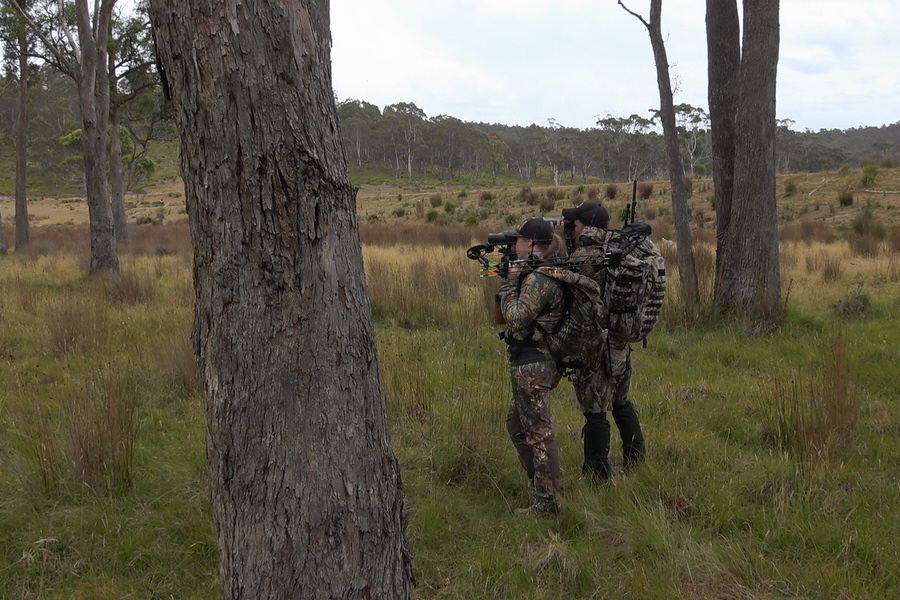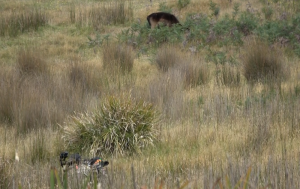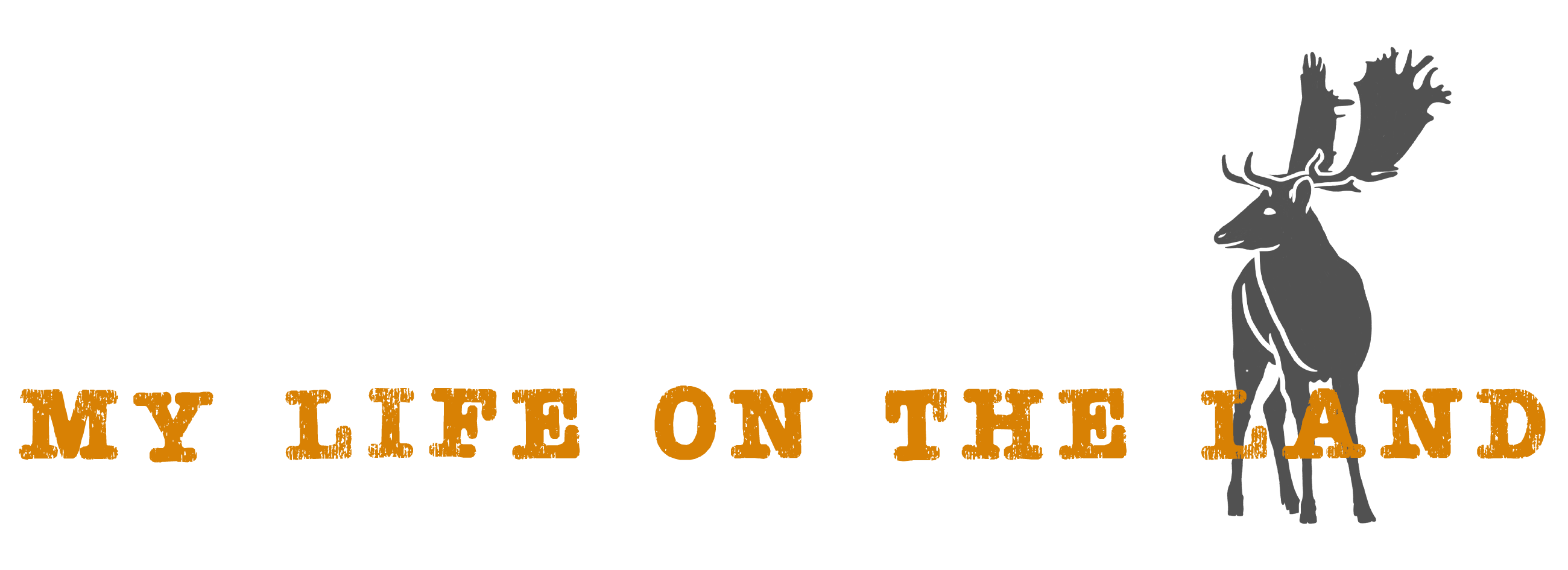You may have heard people talking about ethical hunting and how important it is to conduct ourselves as ethically as possible out in the field.
But what does it actually mean to be an ethical hunter, and how do you determine what is ethical and what is not?
Unlike laws, which are absolute, ethics can be subjective, meaning they can vary from one person to another, and even from one situation to another.
At its core, ethics is defined as the moral principles that govern a behaviour or an activity. Applying that to hunting, ethics is how we treat the animals we hunt and how we conduct ourselves in and off the field.
Simple right?
Not exactly.
What is ethical in one situation may be completely unethical when applied to another situation. For example, a rifle hunter can take an ethical shot at 300 yards but the same distance would be completely unethical for a bow hunter. Similarly, what may be ethical for an experienced hunter with many years under their belt may be unethical for someone just starting out because it is outside of their comfort zone.
That being said, there are some basic ethics that all hunters should definitely follow. These can pretty much be summed up in three themes: be legal, be respectful and be responsible.
Be legal
This might seem obvious but you’d be surprised at how many hunters get caught breaking the law. There are hunters out there who wilfully and blatantly break the law, but it’s just as easy – and common – for hunters to unintentionally break the law.

This could be something as simple as crossing from one paddock to another with an unsecure rifle, inadvertently crossing a land border to retrieve a wounded animal, or incorrectly storing rifles at your hunting camp. Most states also have strict laws around what times you can legally hunt, which means taking a shot too close to that time could land you in hot water with the police or game wardens.
As we said above, laws are absolute. It doesn’t matter whether you agree with the laws or think they lack common-sense (which is sometimes true!). There’s no room for personal interpretation or choice when it comes to obeying laws and regulations around firearms and hunting.
In Australia (as with most countries), laws and regulations can change from state to state.
It is your responsibility, as a hunter, to find out all the regulations that apply in the area you will be hunting. This includes safe carriage and storage of firearms, legal bag limits and hunting seasons, and any permits or licenses you require to legally hunt there. The SSAA is a good starting point for this information.
Always hunt within the law, and report any illegal behaviour.
Be respectful
Take a leaf out of Aretha Franklin’s book, and make R E S P E C T one of the most important elements of your hunting.
Show respect for yourself by being prepared. Practice makes perfect and an ethical hunter takes the time to practice long before they get out in the field. Take the time to know your firearm or bow, how to safely handle it, and what distance you are comfortable shooting out to. Plan your hunt and make sure you understand the game you are hunting. Make sure you have an appropriate level of fitness to follow the animal across various terrains and be able to carry your harvest back out of the field.

Show respect for others by thinking about how your actions can affect landowners, other hunters and even non-hunters. When hunting public land, consider who else might be hunting the same area. Take care not to interfere with another person’s hunt – whether intentional or unintentional. Make sure you know what you are shooting at. Don’t shoot at shadows. That movement in the bushes might be a deer or animal. It could also be another hunter. Even a set of antlers moving through the trees could be attached to another hunters’ back so take the time to positively identify your target before you take a shot. Consider non-hunters when displaying your harvested animal and never leave entrails and body parts strewn across public tracks. If hunting private land, make sure you have the landowners’ permission before you step foot on his land and always treat the land as if it were your own. Leave gates and fences as you found them, follow any instructions you have been given, and never shoot near or across the farmer’s livestock.
Respect the environment. Bury or remove animal remains well away from waterways or public tracks. Only light campfires if it is safe to do so, and always make sure you put the fire out afterwards. Never leave rubbish behind. This includes empty bullet cartridges and other hunting debris.
It’s also important to show respect for the animal you are hunting. Is the animal accompanied by its young? Is it unfairly hampered by mud, water or even high fences. Ethical hunters practice fair chase hunting, which means the animal has a fair chance to evade the hunter. Ethical hunters also ensure they can humanely make the shot without causing undue injury to the animal. Concentrate on humane shot placement, which is generally in the heart/lung zone or just behind the shoulder. Always choose the correct equipment and calibre for the game you are hunting, and never shoot beyond a distance you are comfortable with. Don’t attempt to shoot an animal at 500 yards if you have never shot long distances before. And don’t attempt to bow hunt an animal at 80 yards if you’re bow is only tuned to 40 yards. Ethical hunters know when to shoot, and more importantly, when you shouldn’t shoot. But even the most careful and ethical hunter can still miss or make a poor shot. If you do wound an animal, be prepared with a follow up shot, and if it does make a run for it, make sure you track it down and humanely end its life.

Be responsible
It is your responsibility, as a hunter, to ensure your safety and the safety of those around you, and to realise that your actions reflect directly on how others view hunters.
Always practice safe hunting and abide by the Firearms Safety Code. Remember that bullets can travel enormous distances, and bullets can also ricochet if they hit hard surfaces or even water. Always consider where the bullet might end up if you miss your target. Never shoot across public roads, or towards campsites or other hunters.
Choose your hunting companions carefully. Don’t hunt with anyone who blatantly ignores laws, does not hunt safely, or who hunts unethically.
And most important of all, NEVER use firearms when you have been drinking alcohol or taking drugs (even prescription drugs). That’s not to say you cannot drink at all on a hunting trip, but save it for after the hunt, when your firearms are safely packed away. It’s not worth the risk to yourself or others to pick up a powerful firearm while under the influence of alcohol or drugs.
Help us keep hunting alive
I Am Hunter has a passion to keep hunting alive. We use education and advocacy to demonstrate the positive benefits of ethical, fair-chase hunting to all society, not just hunters.
We can provide this content free to the public thanks to the generous support of our awesome members.
For less than 50c a day, members help support the fight to keep hunting alive by spreading a positive message about hunting to the wider community. In return, members get access to exclusive member rewards.
See also

The fox and the iPhone (member-only content)
Nathan hunts his first fox with a little help from an iPhone and a YouTube video.

9 Steps to Becoming a Master Stalker
Being able to spot and stalk an animal in the wild is an important part of learning how to hunt.


6 thoughts on “How to be an ethical hunter”